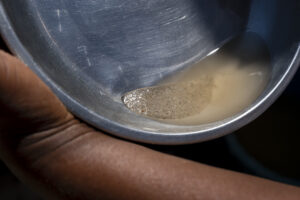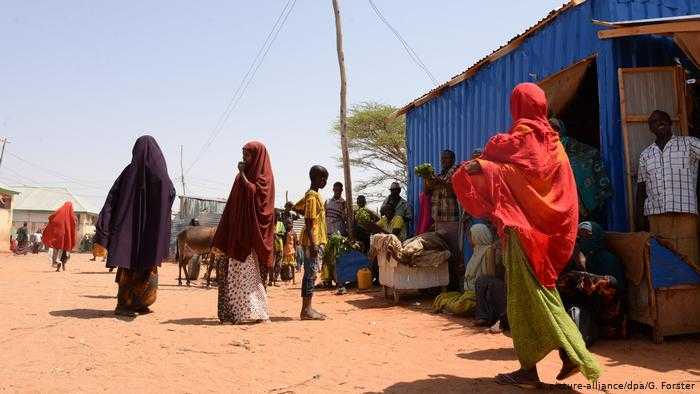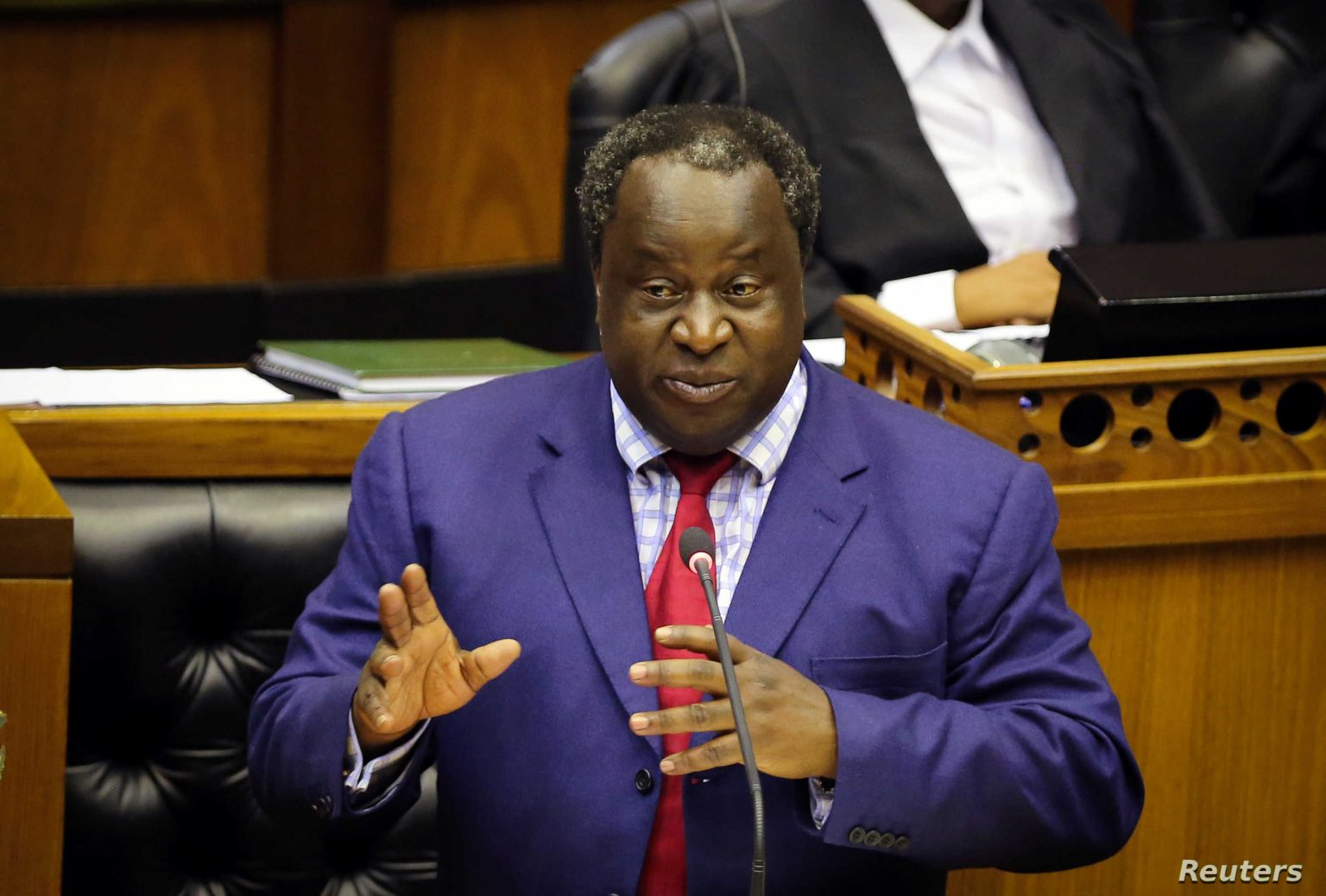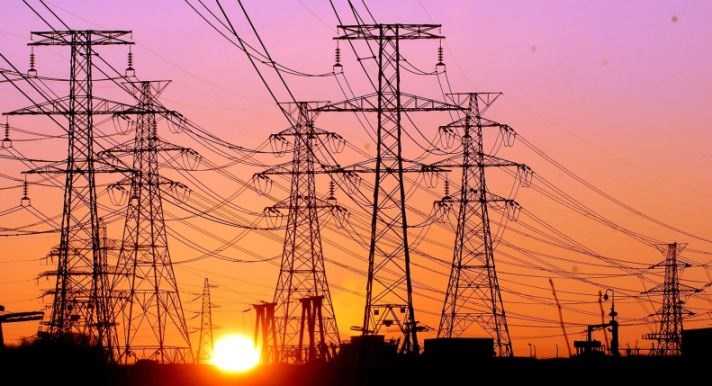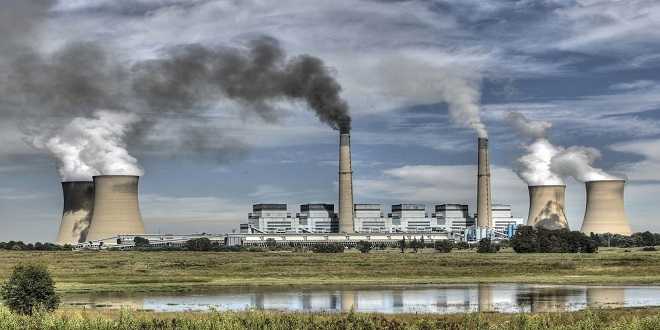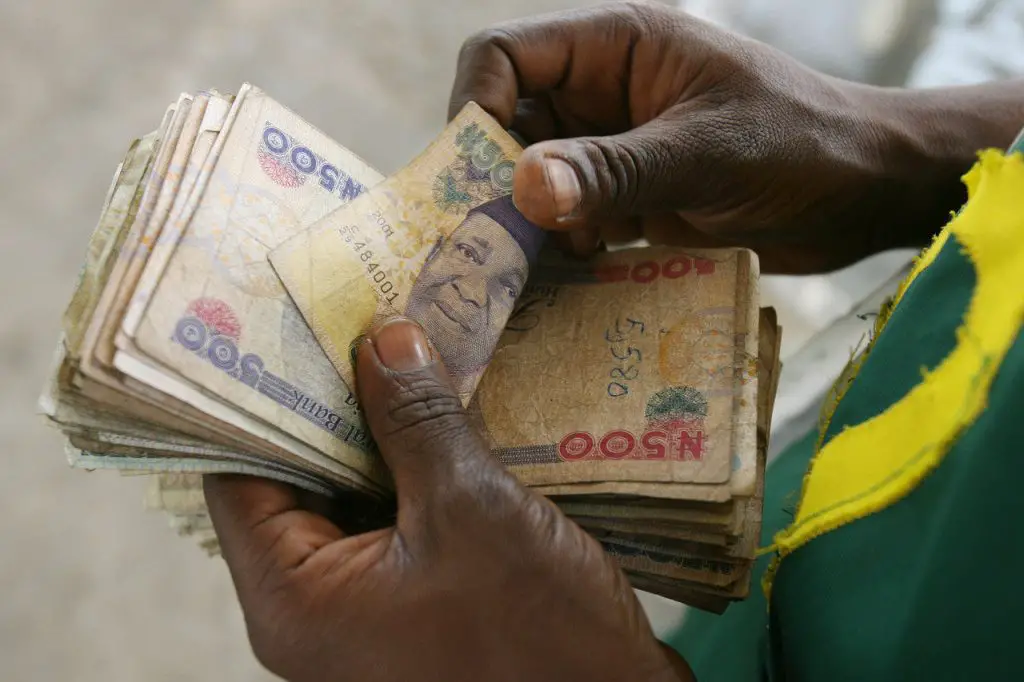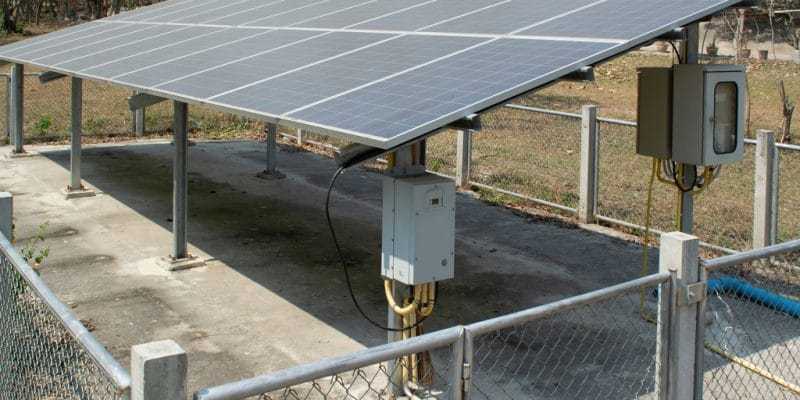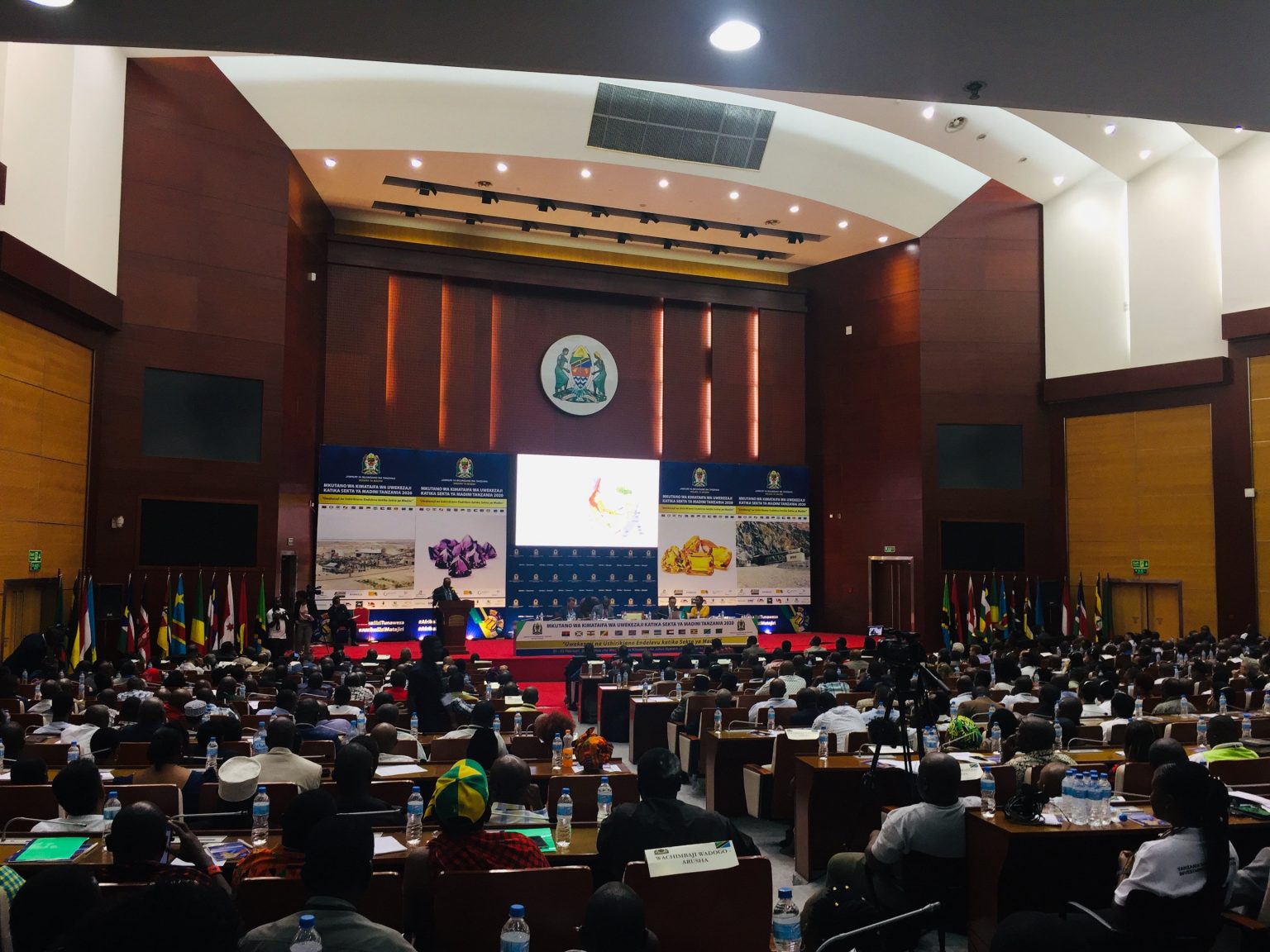- African Energy 2024: Surging investment, waves of change
- AIM Congress 2025: Competition opens doors for Africa’s top tech innovators
- Zimbabwe rolls out $24M project to reduce use of mercury in gold mines
- Zambia secures $184M IMF support as economic growth set to decline to 1.2 per cent
- Equity enters alliance with ODDO BHF to spur Europe-Africa investments
- Air Tanzania hits turbulence: Can the airline fly back to EU skies?
- Ghana’s President Elect John Mahama Outlines His Economic Blueprint
- AfDB backs “green shares” funding model with $30M AFC equity boost
Author: Padili Mikomangwa
Padili Mikomangwa is an environmentalist based in Tanzania. . He is passionate about helping communities be aware of critical issues cutting across, environmental economics and natural resources management. He holds a bachelors degree in Geography and Environmental Studies from University of Dar es Salaam, Tanzania.
As African nations’ economies grow, so do individual expenses in basic and often, extra necessities, such as food, clothing, rent, data, and entertainment to say the least.
In this case, there are a lot of benefits attached when people tweak their expenses strategically and hone the art of saving, especially on their consumables spending habits when living in big cities, such as Tanzania’s commercial capital, Dar es Salaam (Africa’s fifth-largest city).
Tanzania is one of the fastest-growing economies in sub-Saharan Africa, and Dar es Salaam (with more than six million people) is one of the 30 cities in the world growing fast, according to National Geographic.
Expatistan, a cost of living database, noted that Dar es Salaam has cheaper costs of living than in 62 per cent of cities in Africa and in 83 per cent of cities around the world.
As we accumulate savings over time, the nagging worries…
When Nigeria announced its first positive coronavirus infection African countries are now on guard as this has been a wake-up call for nations to strength their surveillance as well as disease containment.
The first case of the coronavirus was confirmed on February 25, via an Italian carrier who works in Nigeria and flew into the nation’s commercial city, Lagos.
According to information from BBC, Nigerian authorities commented that the “patient zero” is who is being treated in a hospital within the city, is stable and with no serious symptoms.
On the larger scale, Egypt and Algeria have also confirmed cases of the virus, while Kenya—whose authorities were debating on flights cancellation to China have given a court order to suspend flights from China, on February 28.
On a global scale, more than 2,800 people have died and more than 83,000 cases of coronavirus have been confirmed in more than 50 …
Africa’s close development partner, World Bank—on Thursday took a serious initiative to restore its relations with Somalia, after being dull for almost 30 years
According to the statement from World Bank Group, the bank’s Board of Executive Directors moved toward normalizing its relations with the Federal Government of Somalia (FGS).
World Bank anticipates that the restoration will open up opportunities for Somalia to access concessional financing from the World Bank’s International Development Association (IDA) and to work closely with all arms of the World Bank Group to attract investment that will support the country’s stability and development.
The restoration could revitalize Somalia’s economic sphere, as the nation’s real gross domestic product (GDP) growth weakened in 2017 due to the severe drought. Although Somalia averted widespread famine in 2017, the drought led to large-scale food insecurity, affecting more than six million people.
In that context, World Bank Vice President for Africa …
South Africa’s Finance Minister Tito Mboweni budget speech brought strength to the nation’s currency, rand—after proposing cuts to the controversial public sector wage bill, on February 26.
According to information from Reuters, financial markets seemed to appreciate the move, which posed a threat to South Africa’s public finances.
At 0650 GMT, the South African rand traded at 15.2550 versus the dollar, which is 0.4 per cent stronger than its previous close.
According to a South African financial publication, Moneyweb, Minister Mboweni expects the public sector wage bill to reduce by $2.4 billion in 2020/21, $3.5 billion in 2021/22, and $4.4 billion in 2022/23.
Further, In the 2020 budget review policy document, National Treasury said the medium-term reductions in the wage bill will target public servants in the national and provincial departments and state-owned enterprises (SOEs) that delight unfettered access to taxpayer-funded government bailouts.
On the meanwhile, the scenario has been …
Zimbabwe, an economically challenged southern Africa nation will soon face another economical hard-pinch as the sate power transmission company said on Thursday it intends to increase its electricity tariff by 19.02 per cent, kicking in on March 1.
According to information from Reuters, the utility said that raising inflation and weakening exchange rate were factors being the tariff hike.
Zimbabwe Electricity Supply Authority (ZESA), which is responsible for the generation, transmission and distribution of electricity in Zimbabwe, is also facing challenges meeting power demands in the nation facing worst economic crisis in a decade.
According to the World Bank data, electricity access in Zimbabwe stands at 40 per cent.
Energy advocacy groups such as Sustainable Energy For All noted that—due to economic challenges, Zimbabwe cant explore its renewable energy resources (solar energy in particular), that’s why only 16 per cent of rural dwellers have access to power versus 78 per …
World Bank’s (WB) research on development economics which is focused on identifying successful development polices, has captured various significant insights in the world of development economics, and payment of health and education providers was in it, thus—there are crucial things to rethink to enhance the delivery of quality services.
According to the bank’s research, service providers—schoolteachers and health workers, in particular, are influenced by the payment incentives which dictate high-quality services. But how much they are paid also matters.
Taking the youngest continent in the globe into the context, Africa, of which its average real ages increased by 20 per cent between 2006 and 2017, supported by labour productivity gains, stand to benefit from revised payment schedules, as described by the bank.
Three ways service providers are paid
Fee-for-service is the first schedule of payment, that health workers and schoolteachers tend to get paid on, according to the specific services …
Eskom, South Africa’s state-owned power utility, and currently facing enormous workload in generating reliable power for the most diverse economy in Africa has been served with a compliance notice by the nation’s environment ministry, high levels of air pollution being the cause.
According to information from Bloomberg, Eskom’s biggest operational power plants are struggling to remain active as the pollution levels are not yet repaired accordingly.
The heavily relied on power utility has failed to fully repair pollution-abatement equipment at its 4 116-megawatt Kendal power plant that began malfunctioning in early 2018 and was damaged further in a strike later that year.
The ministry issued the notice in December saying the plant would need to shut down two of its six generating units, 1 and 5 if the action wasn’t taken to bring them back into compliance.
Hence, according to the notice, it demanded maintenance plans for the rest.
South …
Nigeria, one of Africa’s largest economy has recorded the highest quarterly growth (in the fourth quarter—Q4) since the 2016 recession.
The economic growth rose to an annual rate of 2.55 per cent in the three months to the end of December, Nigeria’s National Bureau of Statistics (NBS) revealed on Monday.
The NBS noted that, compared to the fourth quarter of 2018 which recorded a growth rate of 2.38 per cent, this represents an increase of 0.17 per cent points and an increase of 0.27 per cent points when compared with the third quarter of 2019.
READ:Nigerian annual inflation soars to 12.1 per cent in January
The statistician highlighted that Nigeria’s economy has been classified broadly into the oil and non-oil sectors, whereby in Q4 the oil sector scored a decent increase of 7.98 points relative to the rate recorded in the corresponding quarter of 2018.
Also, the non-oil …
The 2020 Off-Grid Solar Market Trends Report that has been released this month reveals how Africa could reap high benefits in the near future.
The report is basically an in-depth analysis of current market dynamics, projections for the coming five years, and also a blueprint to helps various actors compete in a robust evolving industry ecosystem.
The report, which is the fifth in a series, published by the World Bank Group and the Global Off-Grid Lighting Association (GOGLA), drew in about 1,000 industry leaders, financiers and government representatives by showcasing key industry trends, advances in technology, finance, policy and social impacts.
The 2020 edition spotlighted the industry remarkably, in fact—the edition estimates that the off-grid solar sector currently caters lighting and other auxiliary services to over 420 million people.
Noting that the industry has made enormous efforts in the past decade to assist the developing countries to attain their energy …


